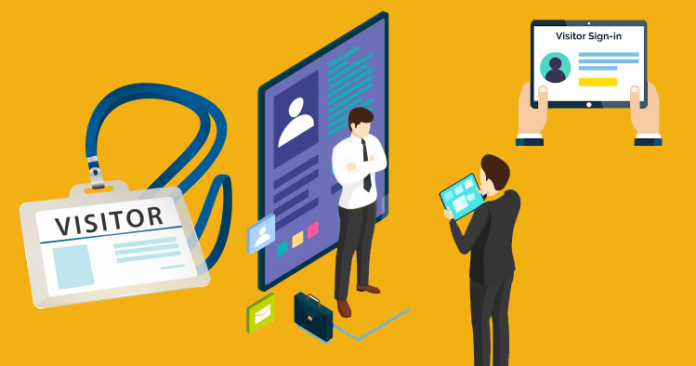Why CRM is Essential for Coworking Spaces
Coworking spaces have evolved into dynamic environments that cater to freelancers, startups, and enterprises. To efficiently manage these spaces, a Customer Relationship Management (CRM) system is crucial. A robust CRM not only enhances member management but also automates administrative tasks, improves communication, and optimizes marketing efforts.
Key Features of an Ideal CRM for Coworking Spaces
1. Member Management and Onboarding
An efficient coworking CRM provides a seamless onboarding experience for new members. It stores member details, preferences, and payment history, allowing administrators to manage subscriptions, renewals, and upgrades with ease.
2. Automated Billing and Payment Processing
A CRM tailored for coworking spaces integrates with payment gateways to automate invoicing, collect membership fees, and send payment reminders, ensuring smooth financial transactions without manual intervention.
3. Meeting Room and Resource Booking
Advanced CRM software allows members to book conference rooms, workspaces, or event halls directly through an online portal. Real-time availability tracking prevents double bookings and enhances efficiency.
4. Lead and Sales Pipeline Management
For coworking spaces looking to attract new members, a CRM can track leads, nurture prospects, and automate follow-ups. This feature is particularly beneficial for sales teams managing multiple inquiries simultaneously.
5. Community Engagement and Networking
A coworking CRM helps in fostering a sense of community by offering communication tools such as member directories, event notifications, and discussion forums, creating a collaborative atmosphere within the workspace.
6. Marketing Automation and Analytics
The best CRM solutions provide email marketing, social media integrations, and campaign tracking tools. With built-in analytics, coworking operators can assess marketing performance, member engagement, and revenue trends.
7. Integration with Other Coworking Tools
To ensure seamless workflow, a CRM should integrate with property management systems, access control solutions, visitor management software, and accounting tools like QuickBooks or Xero.
How a CRM Enhances Operational Efficiency in Coworking Spaces
1. Reduces Administrative Workload
By automating repetitive tasks like billing, reporting, and contract management, a CRM frees up staff time, allowing them to focus on improving member experience and scaling business operations.
2. Improves Communication and Customer Support
Integrated chatbots, ticketing systems, and automated responses streamline communication between management and members, resolving queries faster and improving satisfaction.
3. Enhances Security and Access Control
Many coworking CRM solutions integrate with access control systems, ensuring secure entry for authorized members while monitoring visitor traffic.
4. Data-Driven Decision Making
Comprehensive reports and analytics provide insights into occupancy rates, revenue generation, and member preferences, enabling operators to make informed business decisions.
How to Choose the Right CRM for Your Coworking Space
1. Define Your Business Requirements
Before selecting a CRM, identify your specific needs such as lead management, automated billing, or community engagement features.
2. Evaluate Ease of Use
A user-friendly interface ensures smooth adoption by staff and members, reducing the learning curve and increasing productivity.
3. Check Integration Capabilities
Ensure the CRM integrates seamlessly with existing software solutions such as accounting tools, payment gateways, and communication platforms.
4. Assess Scalability and Customization
Choose a CRM that grows with your business and allows customization to match your brand identity and operational workflow.
5. Consider Budget and ROI
Evaluate the pricing structure of different CRM providers and compare the return on investment in terms of efficiency, automation, and revenue growth.
Final Thoughts
Implementing a CRM for coworking spaces is a game-changer for improving efficiency, member satisfaction, and revenue. Whether you’re managing a single coworking hub or a network of spaces, the right CRM can help you automate processes, enhance communication, and foster a thriving community.















